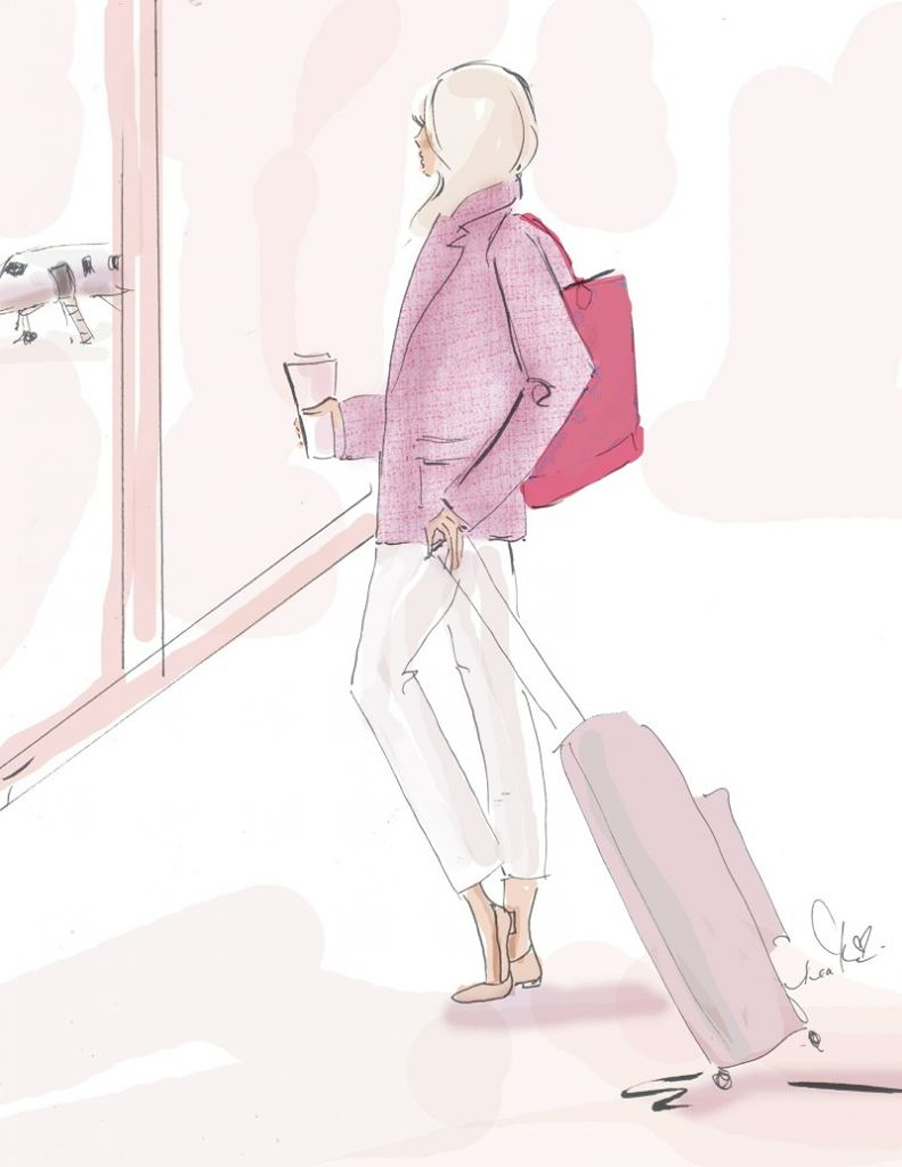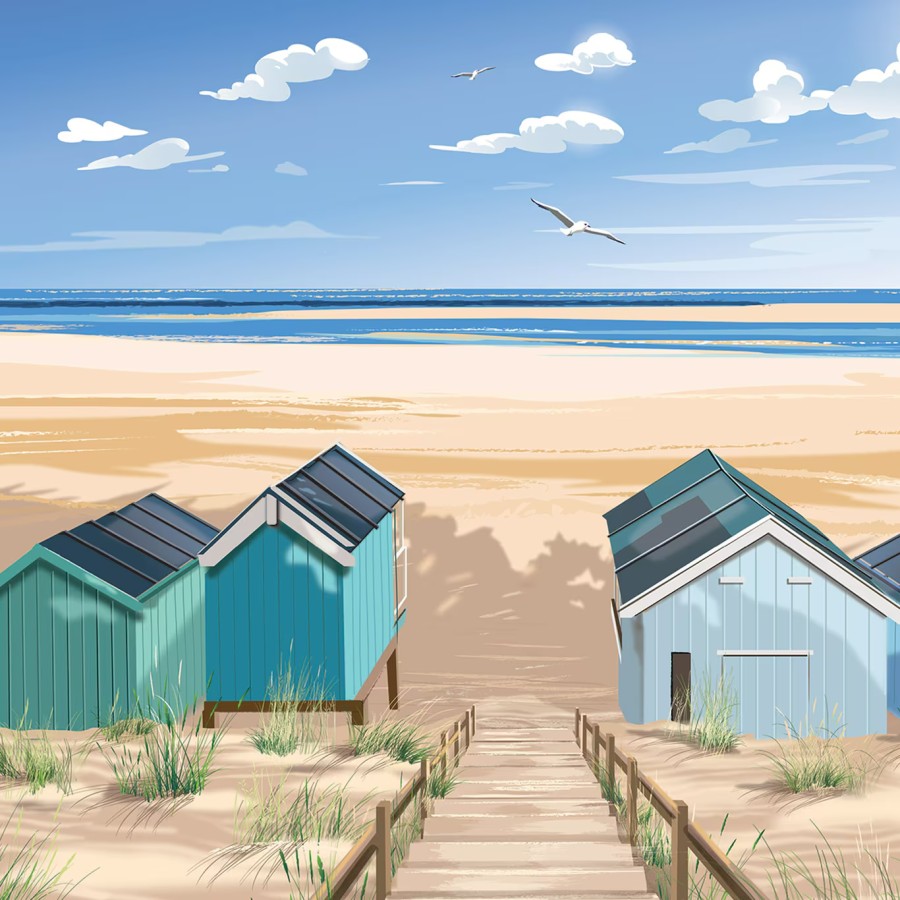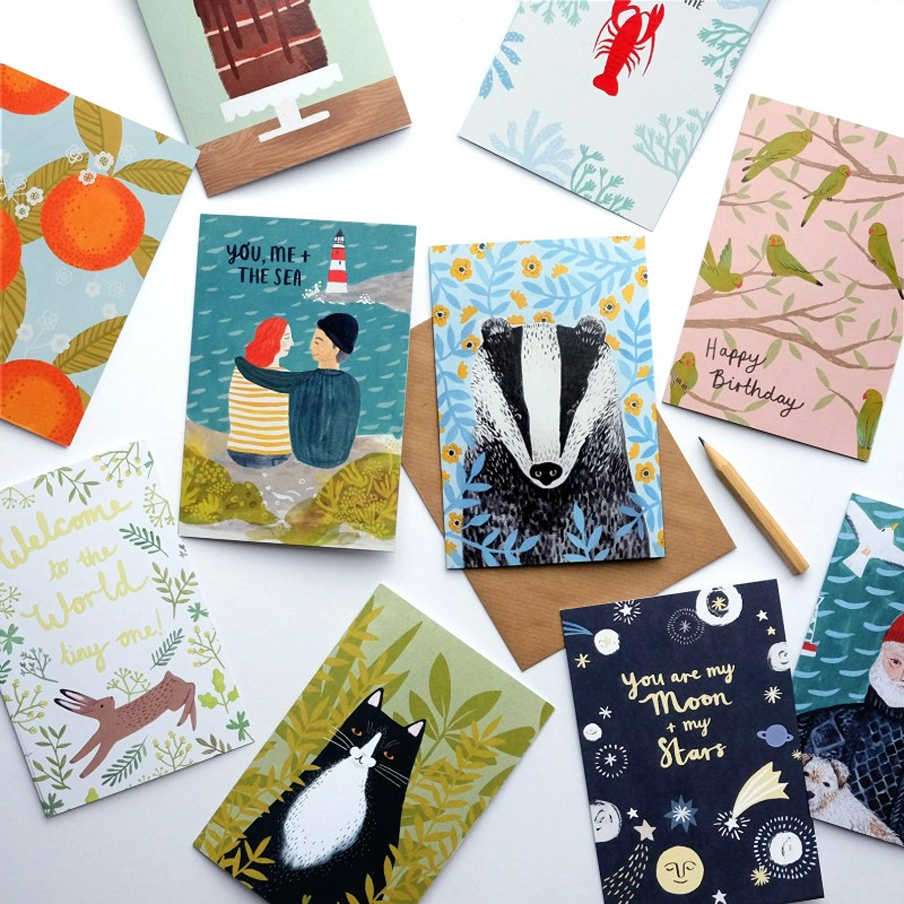
According to climate change experts, there are around 9 main things we can all do collectively, to help prevent global warming. One is eat less meat, another is to fly less. Nobody is suggesting never getting on a plane again. But consider other modes of transport (boat, train – or using laptops to hold virtual meetings rather than flying across the world, just to sign a document). And if you do fly now and then, there are many things that we can do to make flying a little bit greener.
Order a vegan meal (VGML) which is not just ethically better, but made by proper chefs! Or you could order a FPML (a fresh fruit platter).
Vets recommend that animals are not tranquillised when flying. If taking short journeys, it may be best for animals to be looked after at home. But sometimes (say if emigrating), flying may be needed. PetAirUK is a transport company run by vets, and has comprehensive and reassuring information, should you need it.
Why is flying so damaging? Mostly due to the carbon emissions from jet fuel. And until we have solar-powered planes (!), there is not much we can do about that, other than fly less. But one big way to help is to try to fly direct (unless you’re going to New Zealand, that would be daft!) But there are plenty of direct routes for shorter flights (taking off and landing uses most fuel). Amsterdam station can take you to most cities in Europe, within a few hours.
Another big way to help is to try to fly economy (again for long-haul, it’s understandable if you can afford it to get more leg-room and comfortable seats to sleep in). But a lot of the service offered is just a posher meal, and a bit more TLC from cabin crew). The reason why environmentalists say to fly economy more, is that ferrying more people in one plane, obviously uses less emissions. So offering business class to most of one plane (say for a commuter journey to Amsterdam) means far less bums on seats! And that means more planes are needed.
Forget the add-ons if you can (nobody needs plastic packs of pretzels or hot towels (these come wrapped in plastic, and the steward just pours boiling water over them, then throws the plastic tray away). Just take a few luxuries of your own like a comfy head pillow and something good to read. Likewise in the departure lounge, forgo the expensive fast food and bookstores, and take your own packed lunch and reusable water bottle, along with a good novel to read, in case of long delays.
Are there any greener airlines? Not really, though a few are trying. The ones to boycott are those that still transport kidnapped wild animals to take them to zoos or vivisection labs (at present, the main ones that still do this are Air France and Aeroflot). Unless necessary, it’s best to not let companion animals travel on planes (vets say not to tranquillise for medical reasons, but pets are likely terrified in the cargo hold where most have to go). Find a good relative, friend or petsitter.
Europe’s busiest airport
A village is not what you would associate with Heathrow Airport, but there are three (Harmondsworth, Sipson and Harlington) whose residents likely have a lot of noise. When it first opened, Heathrow was a fairly small airport, but is now Europe’s busiest, and has more international passengers than anywhere on earth. It presently has 2 runways and there has been contention over plans for a third.
A 2021 report found that Heathrow is not just the second most polluting airport in the world (after Dubai International), but it’s the most polluting place in all of England. The borough is also home to the headquarters of British Airways (if the third runway goes ahead at Heathrow, its Waterside building is expected to be demolished).
If you live near Heathrow and are affected by noise, the website does have helpful information. And a surprising amount of free help – from financial help for insulation or even moving home, and you can also report damage to your roof from fallen ice or vortex (swirling air).
The most popular destinations from Heathrow are all pretty far away except for Dublin. The Man in Seat 61 suggests a leisurely train ride up to Holyhead, then a nice ‘ferry cruise’ from Holyhead to Dublin. He says the ship is ‘rock steady’ which is progress from the past, when it was a notoriously seasick-inducing trip, with ‘waves flying past the window’. But he says the trip is a treat, with the ferry hardly ever having missed a sailing. And you can upgrade to sail in style, with wine and canapés!
Heathrow Airport has a long history of incidents including the arrest of the man who shot Martin Luther King Jr (he was trying to leave the UK on a false Canadian passport). And of course the flight that was blown up over Lockerbie was on a journey to New York from Heathrow.
please don’t build a second terminal at Luton
There is presently great concern over plans to build a second terminal, which would not just cause more pollution and noiase, but would also impact wild orchids and ancient hedgerows (the natural home of hedgehogs), which would be covered in concrete to build more aircraft hangars and car parks. In fact, the town of Luton has more a tradition of hat-making and considering the airport does not have great reviews, it may be best to focus more on making hats, than creating more climate emissions.
donate your baggage allowance (Thai flights)
Soi Dogs is a Thai charity that looks after a huge number of street dogs. Although it’s likely best to always adopt animals locally to avoid the stress of travel, here often there are no homes. So the charity asks for flight volunteers. These are people who regularly travel and donate their baggage allowance, to allow the charity to not have to pay to transport animals to new homes abroad.
This charity has an incredible story. It was founded by a British couple who emigrated to retire from successful careers, then were shocked to discover the huge amounts of street dogs, many starving and covered in maggots. Not only did they manage to neuter/spay 80% of the population but they campaigned to stop half a million dogs being exported to Vietnam for dog meat.
During this time, Gill (while rescuing a dog in a flooded buffalo field) contracted blood poisoning and went into a coma for several weeks, before coming round. She had to have her lower legs amputated and carried on regardless, shortly after having her prosthetic legs fitted. Others stepped into help, but the main helper (along with many others) died in the 2005 tsunami, and Gill also died after a short battle with cancer. Today the charity is overseen by John (Gill’s husband) to carry on the work in legacy of his late wife, who said she could never go to the grave, wondering ‘what if’.
Dale is launching an eco-friendly airline!
Dale’s recent venture is to launch EcoJet, a company that will retrofit existing planes with hydrogen-electric powertrains to create an airline alternative with massive CO2 emission reductions, the only byproduct being water, which will be captured and released into the lower atmosphere to avoid the harmful effects of contrails. Partnering with an experienced pilot and aviation specialises, flights are due to commend in early 2024 (from Edinburgh to Southampton, then to mainland Europe and eventually long-haul flights).
The airline will also serve plant-based meals, crew will wear eco uniforms and no single-use plastic will be used. Aviation accounts for 3% of global CO2 emissions, so this project could be in Dale’s words ‘the biggest revolution in the aviation industry since the invention of the jet engine”.






